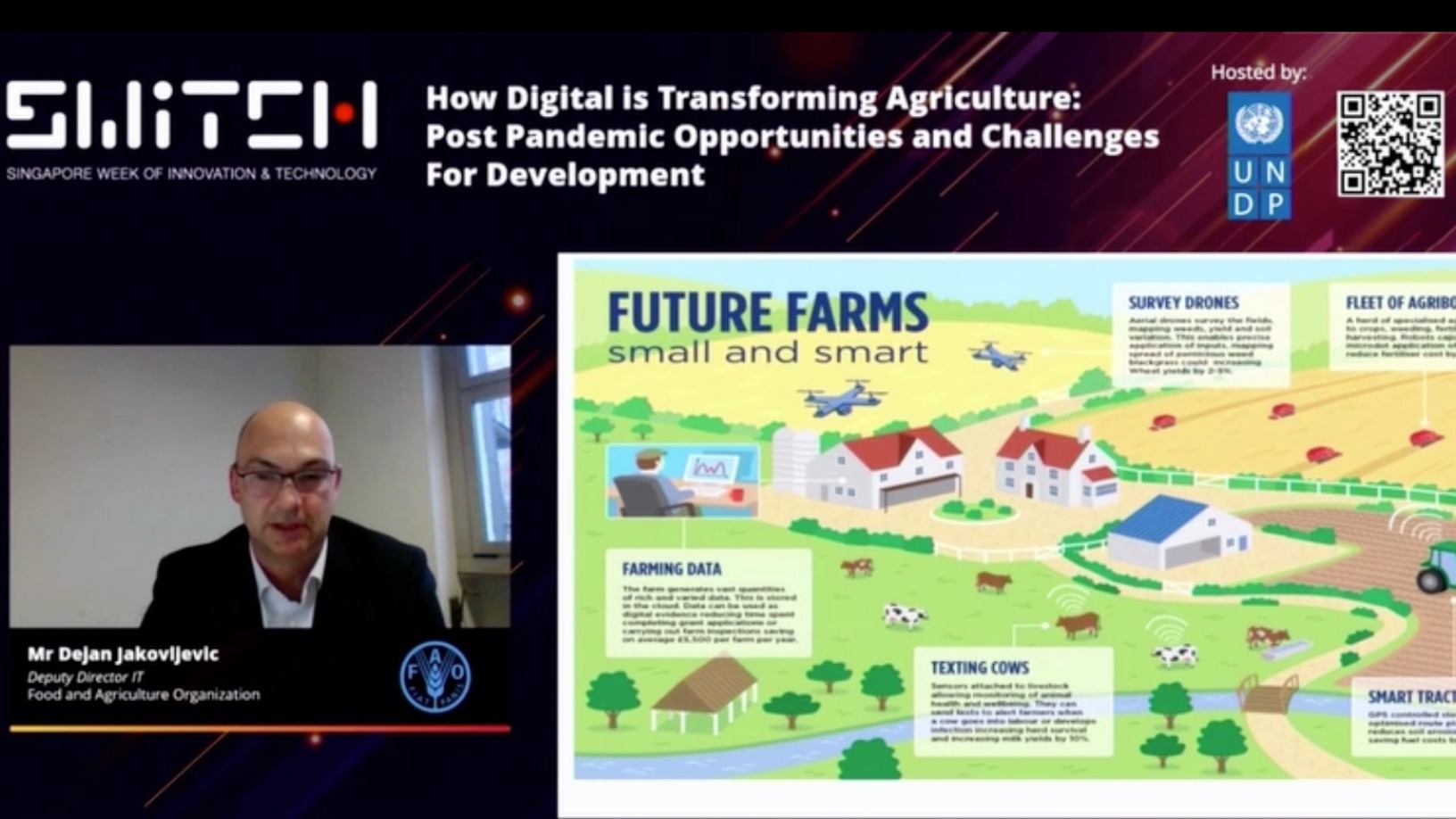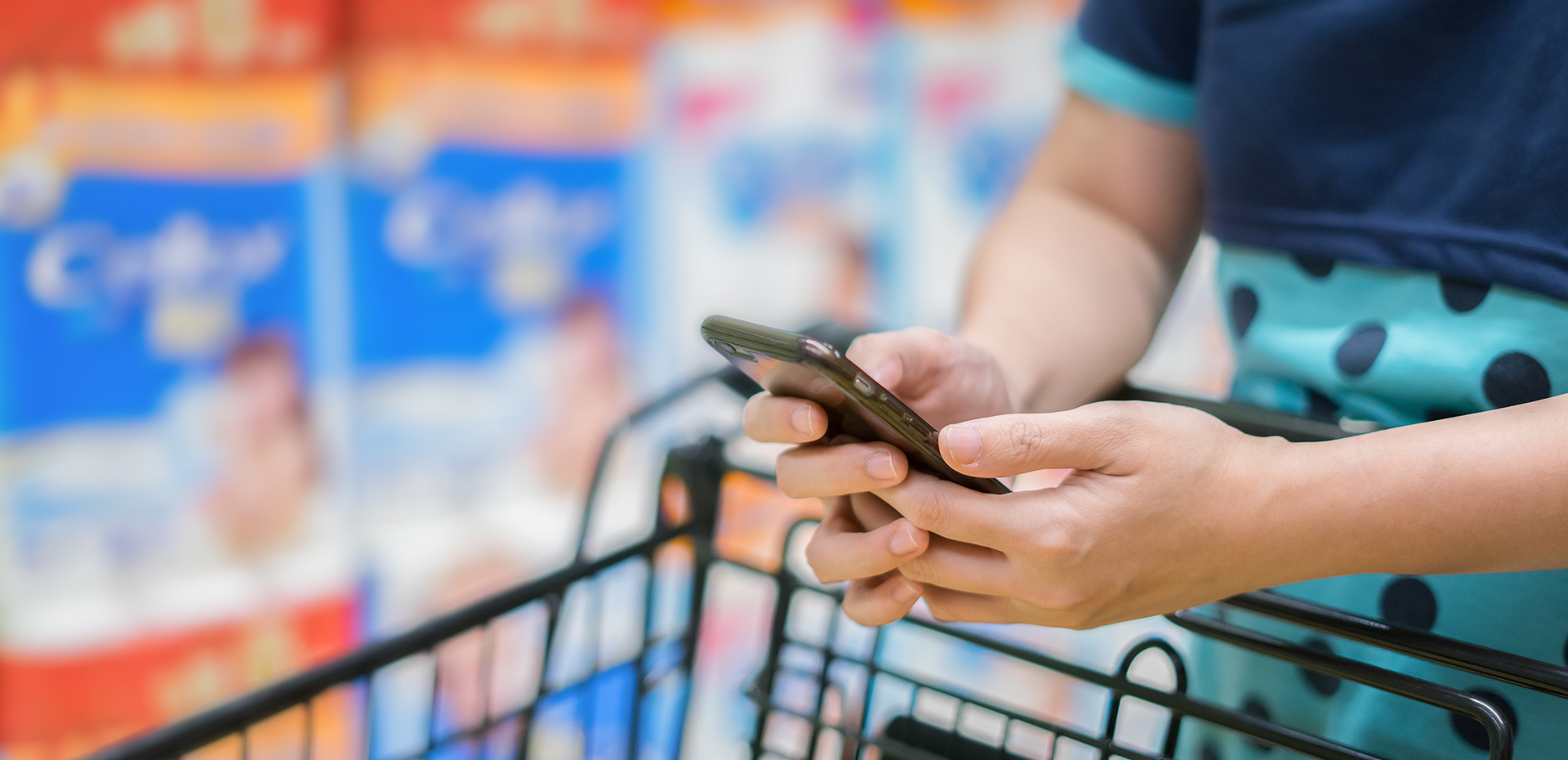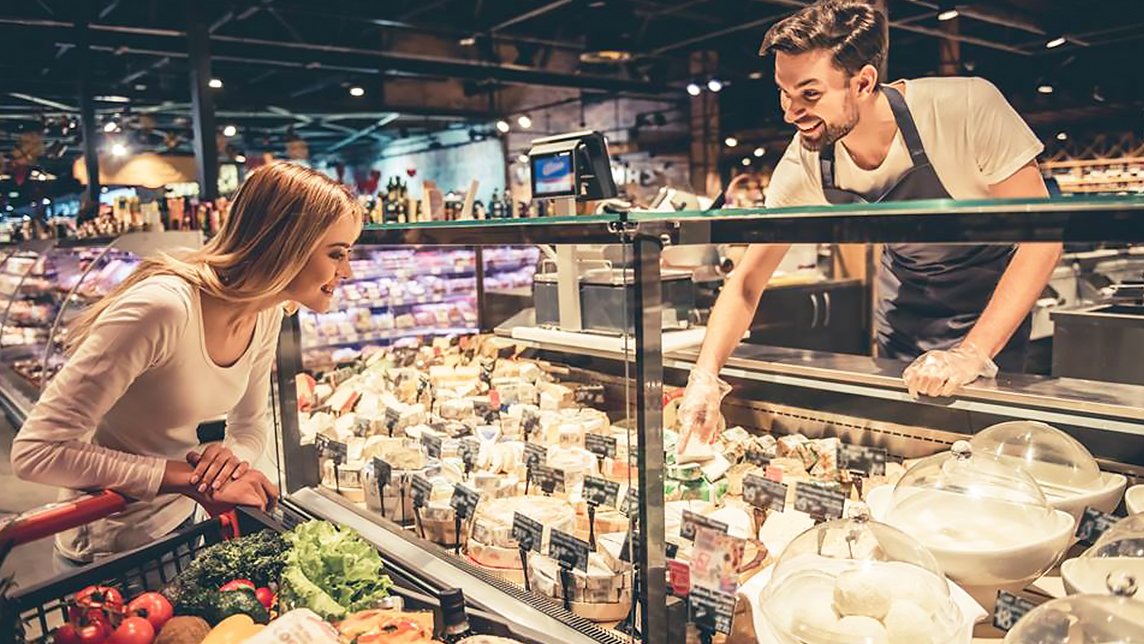With the Covid-19 pandemic exacerbating food security issues in many countries, China, too, has been on alert. Public organizations, businesses and citizens have stepped up efforts to stem food waste as President Xi Jinping repeatedly stressed the importance of food security throughout 2020. In August, China launched a nationwide anti-food waste initiative, “Operation Empty Plate,” which had started in 2013 as a grassroots movement.
In fact, if every person in China saves just one grain of rice, all that can feed 280,000 people for a year. This is the idea behind Clear Plate, a WeChat mini-program launched in 2018 to reduce food waste in China. According to Liu Jichen, the startup’s 24-year-old founder, China wastes enough food to feed 200–300m people a year. “We need a collective effort to fight food waste,” he said. “If everybody in China saves a grain of rice each time, a total of 50,000 kg rice can be saved.”
He added: “Every year, nearly one-third of all the food produced in the world is wasted. Meanwhile, almost 900m people are suffering from hunger, and one child dies of hunger every six seconds.”
Liu is also the first Chinese national to be named by the UN as one of the 17 Young Leaders for Sustainable Development Goals (SDG) in September 2020. Since 2016, the biennial SDG commendations have been given to a cohort of 17 young people for finding innovative solutions to tackle global sustainability issues.
Clear Plate has raised nearly RMB 10m in two funding rounds to date. Its expanding user base will also help to attract more advertisers. To become sustainable in the long term, the team is looking at ways to monetize online traffic to generate new revenue streams. Responding to CompassList’s queries, the company said in an email that it is exploring more opportunities for monetization in the future by cooperating with businesses that aim to reduce food loss.
The Chinese government has stressed that the country should be on high alert for food security risks, while denying media reports and social media speculation about food shortage issues.
AI rewards diners with empty plates
Clear Plate rewards diners who finish all the food on their plates. Users can take photos of the empty plates after each meal and upload the photos by app to Clear Plate. Once the images are authenticated by the startup’s AI, the users are awarded credit points that can be accumulated and used to exchange for gifts offered by Clear Plate and corporate partners supporting various anti-food waste campaigns. Users can also choose to buy and donate meals to underprivileged groups such as children and seniors in impoverished rural areas. The partner charity organizations and corporates will also match the donations made by Clear Plate users.
As a student, Liu was first inspired by news about “leftover food parties” overseas. In November 2016, he held a similar event while studying at Tsinghua University. The food party attracted around 100 participants. The idea for Clear Plate popped into his mind later in 2017 when he was at a restaurant where regular customers were given loyalty cards to redeem gifts after they had dined and cleared their plates six times.
At the age of 21, while still an undergraduate in engineering management at Tsinghua University, he founded Vevolution Tech that operates the Clear Plate WeChat mini-program. During a market survey, the Clear Plate team found that many organizations wanted to reduce food waste, but had not figured out a method to do so in a sustainable way. “We actually created such a tool using technology,” said team leader Cheng Zhenwang.
The team also decided to use AI technology to identify whether a plate was empty or not. With the help of 1,000 volunteers across China, the startup spent half a year collecting over 100,000 samples, actual diners’ plates found in canteens and restaurants, to train its AI algorithm to recognize diners’ empty plates in different shapes, colors and condition. The AI-powered image recognition accuracy rate had reached 92% when the Clear Plate WeChat mini-program was finally launched in October 2018. Today, the accuracy rate has improved to 94%.
Creating anti-food waste culture
With the anti-food waste momentum picking up among netizens in the recent years, many organizations are jumping on the bandwagon to collaborate with social enterprise startups like Clear Plate to reach out to young consumers across China.
Clear Plate is currently available free to all users. They can easily create a group account on the WeChat mini-program to allow their members to join various anti-food waste initiatives. Over 1,000 schools, government bodies, corporations and institutes have participated in the Clear Plate campaigns.
Prominent corporate users include ZET, Vanke, Nokia China and the Chinese Academy of Social Sciences (CASS). “About 800–1,000 people eat at our canteen every day, and the generated waste has reduced from 250–300 kg to 50–75 kg [after joining Clear Plate],” a CASS staff said.
A task group was even set up to conduct research and surveys about the Clear Plate campaign to customize programs for the academy. “We found out that our colleagues are more interested in environmental protection and low-carbon lifestyle, instead of exchanging credit points for gifts,” the task group leader said. CASS now collaborates with Clear Plate to offer more environment friendly products such as enzyme laundry detergent and organic produce.
Clear Plate also aims to help organizations to save money by reducing expenditure on food purchases and kitchen waste disposals. The anti-food waste efforts can also be included as part of CSR programs, helping corporate partners to boost their brand image and promote customer loyalty in local communities.
Its third annual campaign, “Empty Plate Challenge among 1,000 Universities across 100 Cities”, successfully completed before the end of last year. Co-organized by Clear Plate and partner charity organizations, the campaign attracted about 1.6m students from 1,017 schools. Participants competed to earn as many credit points as possible to exchange for gifts or donate charity meals. It was estimated that 862 tons of food was saved in total during one month.
So far, Clear Plate has attracted about 4.2m participants across China, helping to save 1,557 tons of food. Users also opted to donate RMB 1m worth of charity meals.
“As long as we don’t waste food, those in hunger will have the chance to get more food,” Liu said. “We also want to motivate everyone to think about how much they can consume while ordering or shopping for food,” he added. “For young people who are born after 1990, they have never experienced hunger,” said Liu who is based in Beijing. “Slogans and posters are not working well in motivating them to cherish and save food.”
By giving people moral support and material incentives using AI technology, Liu hopes that Clear Plate users will be encouraged to reduce food waste as part of their daily life.











